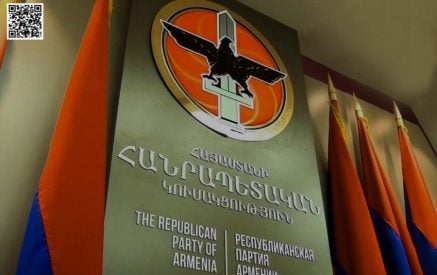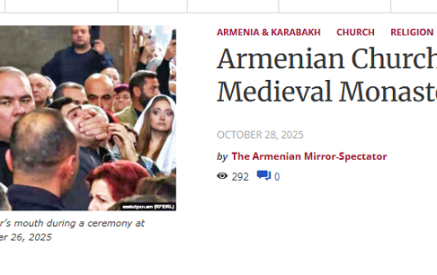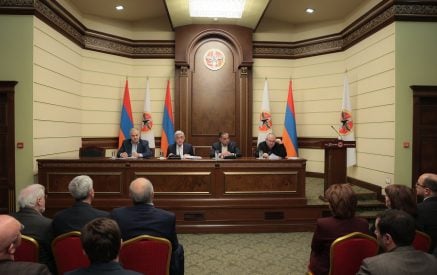Bulat Okudzhava has a song about how the king goes to war, expecting to conquer a sack of honey cakes from the enemy. He takes with him 5 happy and 5 sad soldiers. The sad soldiers die and the happy ones return home, bringing desired trophies in the form of honey cakes. One shouldn’t be very sorry for the sad soldiers, the poet mocks, because honey cakes wouldn’t have been enough for everybody, anyway.
Elections are probably like wars for our politicians. And in this case, honey cakes are MP seats. There is just a sack of them, 131 seats. 41 of them are basically already distributed – those who “have looked well after” the population of their districts will become MPs through majoritarian representation. And those who had much money looked well after the population and inArmeniathose are people who are in the establishment’s pocket. Therefore, the establishment has won the game from the beginning. That is the point in the “majoritarian-proportional representation” debate – the Armenian Revolutionary Federation’s name sounds louder than Ara Nranyan’s name, and big intellectual of our times Tigran Arzakantsyan’s name sounds louder than that of the Republican Party of Armenia (RPA). Hence, the fate of 41 honey cakes is predetermined.
90 seats are left. There are 3-4 parties inArmenia, each of which legitimately or illegitimately thinks that it is powerful and claims that it has hundreds of thousands of members. (By the way, it is very suspicious, because in that instance the whole adult population inArmeniawould be party members). There are at least 90 people in those parties who dream of becoming MPs. However those 90 seats will not be won by one party – they will be distributed among those 3-4 parties in this way or another. The expression “passing place” arises from this. This is the issue of honey cakes, which not everybody will get.
We, Armenians, admit with great difficulty that there is someone who is more talented, than we and has contributed to the nation more and can be more useful for the common goal, than we. That logic implies that a few dozens of party members are convinced that they are, if not in the first (the party leader is in that place ex officio), then surely in the second place. Any other place would be perceived as a deadly insult. After all this, can you imagine how tense the atmosphere in parties is?
Read also
No, from either perspective, elections cause pointless controversies among our people.
ARAM ABRAHAMYAN























































